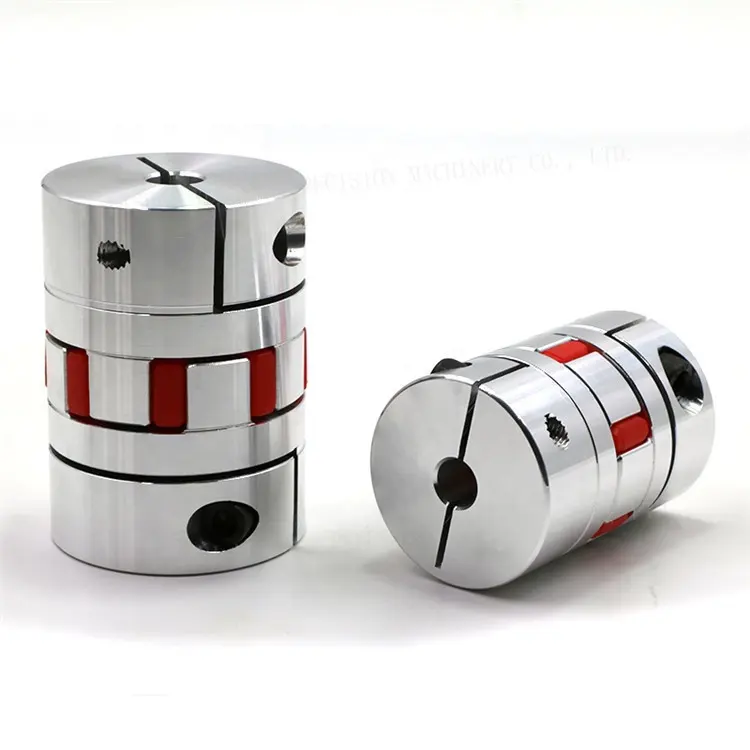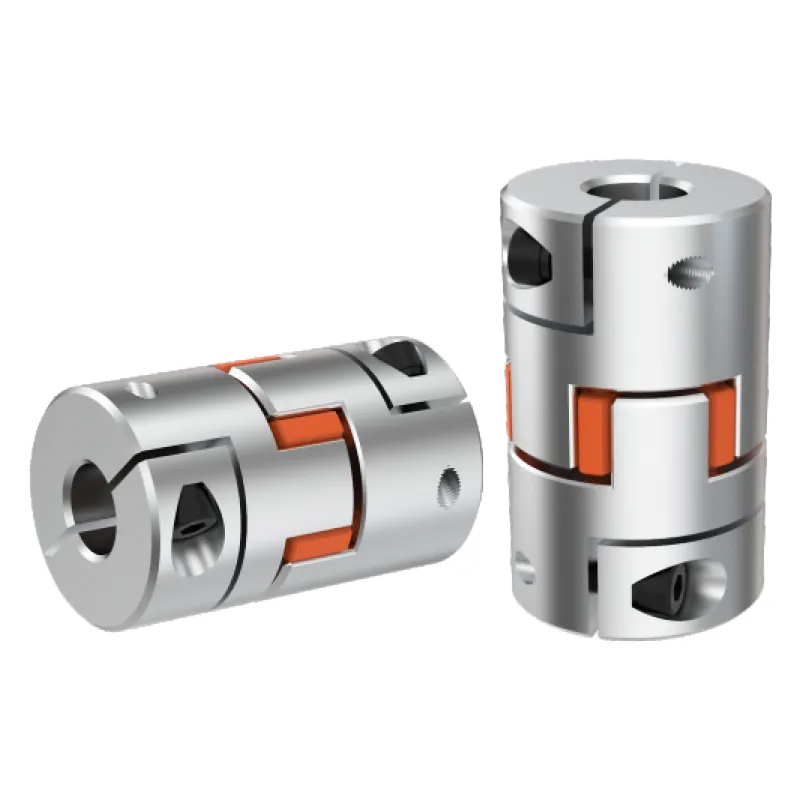Product Description
Car Industry
LTR is an expert in manufacturing all kinds of components for the automotive and motorcycle industry. We are IATF16949:2016 certified in order to fully satisfy the requirements of this industry.
Our production includes O rings, gaskets, seals, grommets, bellows, shock absorbers, dampers, cushions, sleeves, isolators, couplings, bushings, boots, covers, bumpers, pipes, hoses, tubes and many other pieces which are mainly manufactured in ACM, AEM, BR, CR, ECO, EPDM, FKM, FVMQ, HNBR, NBR, NR, SBR, SIR to meet the physical properties specified by ASTM D2000 and SAE J200 documents.
Products above are only examples to show Shun Tai Rubber’s core competences. All our rubber components are customised and made to order only. No standard product or catalogue is available.
Technical data
| Compound: Colour: | ||||||||||||||||||
| Base Polymer: Specification: | ||||||||||||||||||
| MAIN SPECIFICATION |
MEASURE UNITS |
REQUIRED VALUE | TESTED VALUE | TEST METHOD | ||||||||||||||
| HARDNESS | Sh-A | 70+/-5 | 69 | ASTM D2240 | ||||||||||||||
| SPECIFIC GRAVITY | g/mm^3 | \ | 1.176 | |||||||||||||||
| TENSILE STRENGTH |
Mpa | \ | 8.62 | ASTM D412 | ||||||||||||||
| ELONGATION | % | \ | 628.11 | ASTM D412 | ||||||||||||||
| Tear Strength | kg/cm | \ | 27.38 | ASTM D624 | ||||||||||||||
| SPECIFICATION CHANGE | ||||||||||||||||||
| TEST MEANS |
TIME h |
TEMP ºC |
HARDNESS | TENSILE STRENGTH |
ELONG.AT BREAK |
VOLUME | WEIGHT | |||||||||||
| required test | required test | |||||||||||||||||
| △ SHORE A | % | % | △% | △% | ||||||||||||||
Products above are only examples to show Shui Tai Rubber’s core competences. All our rubber components are customized and made to order only.No standard product or catalogue is available.
Company Profile
We are a specialized rubber parts manufacturer with over 30 years of manufacturing experience. Our company mainly produces rubber parts for medical appliances, household appliances, electronic products, automobiles and toys.
Covering an area of 3500 square meters, we own over 200 staff and workers and our monthly production output reaches 30 tons.We have always stuck to the quality policy that customer is No.1 and quality comes first with scientific management, continuous improvement and sustained operation.
We insist in providing our clients with perfect products and best services. The products we produced can work in different areas and climates according to your specific requirements. We believe with stable and sincere cooperation and continuous improvement, our customers will enjoy the best service as stable supply, quality assurance and on-time delivery.
Products & Application
Production Flow Chart
Manufacturing Capabilities&Quality Control
FAQ
Q: Are you trading company or manufacturer ?
A: We are manufacturer.
Q: How long is your delivery time?
A: Generally 3-7 days for standard sealing products; and 15-30 days for big order and custom non-standard products.
Q: Do you provide free samples?
A: Yes, we offer free sample while customer need pay for the freight charge.
Q: Which Payment way is workable?
A: Irrevocable L/C, Cash, PayPal, Credit card and T/T money transfers.
B: 30% T/T deposit in advance, 70% balance before shipment after presentation of ready cargo.
C: L/C ( Irrevocable LC at sight: Order amount over USD100,000)
Q: What is your standard packing?
A: All the goods will be packed by carton box and loaded with pallets. Special packing method can be accepted when needed.
Q: How to select the raw compound for my application?
A: With years of experience working with a variety of material, we can help select the material that will best suit your needs while keeping material costs in mind.
Q: Do you use any international standards for the rubber products?
A: Yes, we mainly use ASTM D2000 standard to define the quality of the rubber materials, tolerances as per ISO3302, ISO2768, etc.
Q: Can you supply different color materials?
A: Yes, we can produce custom CHINAMFG and silicone rubber products in different colors, the color code will be required in case of an order.
Q: What materials are available to produce from your side?
A: NBR, EPDM, SILICONE, (FKM), NEOPRENE(CR), NR, IIR, SBR, ACM, AEM, Fluorosilicone(FVMQ), FFKM, Liquid Silicone, Sponge, etc.
/* January 22, 2571 19:08:37 */!function(){function s(e,r){var a,o={};try{e&&e.split(“,”).forEach(function(e,t){e&&(a=e.match(/(.*?):(.*)$/))&&1

Maintenance-Free Options for Jaw Couplings
Jaw couplings typically require minimal maintenance due to their simple and robust design. However, there are maintenance-free options available that further reduce the need for regular maintenance. Here are some maintenance-free options for jaw couplings:
- Lubrication-Free: Some jaw couplings are designed with materials that do not require lubrication. These couplings often use self-lubricating materials for the elastomeric spider, which eliminates the need for periodic lubrication. This feature is particularly advantageous in applications where regular maintenance is difficult or impractical.
- Sealed Design: Certain jaw couplings come with a sealed design that prevents contaminants from entering the coupling. The seal protects the internal components, such as the elastomeric spider and the jaws, from dust, dirt, and moisture. As a result, these couplings have an extended service life and require less maintenance.
- Corrosion-Resistant Materials: In harsh or corrosive environments, jaw couplings made from materials such as stainless steel or other corrosion-resistant alloys can be used. These materials offer excellent resistance to corrosion and wear, reducing the risk of coupling failure and minimizing the need for maintenance and replacement.
- Composite Spider: Some jaw couplings feature a composite spider made from advanced materials that offer high strength and durability. These composite spiders are resistant to wear, fatigue, and chemical exposure, resulting in longer service life and less maintenance.
It’s important to note that while these maintenance-free options can significantly reduce the need for regular maintenance, all couplings may still require periodic inspection to ensure they remain in good working condition. Regular visual checks for wear, damage, or misalignment can help identify potential issues before they become severe problems.
Choosing a maintenance-free jaw coupling can be beneficial in applications where downtime and maintenance costs must be minimized, or in environments where regular maintenance is challenging to perform.

What are the real-world applications of jaw couplings in various industries?
Jaw couplings find extensive use in various industries due to their versatility, ease of installation, and ability to handle misalignment. Their robust design and flexible elastomer spider make them suitable for a wide range of applications. Here are some real-world applications of jaw couplings in different industries:
- Industrial Machinery: Jaw couplings are commonly used in industrial machinery for power transmission between motors and driven equipment. They are found in conveyor systems, pumps, fans, compressors, mixers, and other rotating equipment. Their ability to compensate for misalignment and dampen vibrations makes them ideal for such applications.
- Agriculture: In agricultural equipment, jaw couplings are employed to transfer power from tractors or other power sources to various implements such as plows, mowers, and harvesters. The couplings’ resistance to shock and impact loads makes them suitable for the rugged conditions encountered in agricultural operations.
- Construction and Mining: Jaw couplings are used in construction and mining machinery to transmit power between engines and equipment like concrete mixers, excavators, rock crushers, and conveyor systems. The couplings’ ability to handle misalignment and shock loads is beneficial in these demanding and dynamic environments.
- Material Handling: Jaw couplings are employed in material handling systems, including automated production lines and warehouse conveyors. They facilitate smooth power transmission in equipment like belt conveyors, bucket elevators, and packaging machines.
- Marine: In the marine industry, jaw couplings are used in propulsion systems to connect engines to propellers and other equipment. Their resistance to corrosion and ability to handle misalignment make them suitable for marine applications in various vessels, including boats and ships.
- Printing and Packaging: Jaw couplings are used in printing and packaging machinery to drive rollers, slitters, and other components. Their precise torque transmission and ability to handle small misalignments contribute to the smooth operation of these machines.
- Automotive: In the automotive sector, jaw couplings are used in various applications, including power steering systems, engine-driven accessories, and HVAC blowers. Their compact design and efficient power transmission characteristics are well-suited for automotive applications.
- Textile: Jaw couplings are used in textile machinery to drive spinning frames, looms, and other textile processing equipment. Their ability to handle misalignment and provide smooth power transmission is vital in maintaining the precision required for textile production.
- Medical Equipment: Jaw couplings are utilized in medical devices and equipment to transfer power between motors and driven components. Their compact size and quiet operation are advantageous for various medical applications.
- Renewable Energy: Jaw couplings are used in renewable energy applications, such as wind turbines and solar tracking systems, to transmit power between the generator and other components. Their ability to handle misalignment is beneficial in these dynamically changing environments.
In summary, jaw couplings have widespread applications across multiple industries due to their ability to handle misalignment, dampen vibrations, and provide efficient power transmission. Their adaptability and reliability make them a popular choice for various mechanical systems in different sectors.

Materials Used in Manufacturing Jaw Couplings
Jaw couplings are commonly made from various materials, each offering different properties and suitability for specific applications. Some of the commonly used materials include:
- Polyurethane (PU): PU jaw couplings are known for their flexibility, high elasticity, and resistance to abrasion. They are ideal for applications requiring vibration dampening and shock absorption.
- Aluminum: Aluminum jaw couplings are lightweight, corrosion-resistant, and have good thermal conductivity. They are commonly used in low-to-medium torque applications.
- Steel: Steel jaw couplings offer high strength and durability, making them suitable for heavy-duty applications with high torque requirements.
- Stainless Steel: Stainless steel jaw couplings are resistant to corrosion and are often used in applications where there is exposure to moisture, chemicals, or harsh environments.
- Bronze: Bronze jaw couplings are known for their excellent wear resistance and low coefficient of friction, making them suitable for applications with high-speed and low lubrication.
- Acetal: Acetal jaw couplings provide good chemical resistance and low moisture absorption, making them suitable for applications where chemical exposure is a concern.
- Nylon: Nylon jaw couplings offer good strength, flexibility, and resistance to wear and chemicals, making them suitable for various industrial applications.
The choice of material depends on factors such as torque requirements, environmental conditions, operating speeds, and budget considerations. Engineers and designers select the appropriate material to ensure that the jaw coupling can perform optimally and withstand the demands of the application.


editor by CX 2024-04-10
by
Leave a Reply